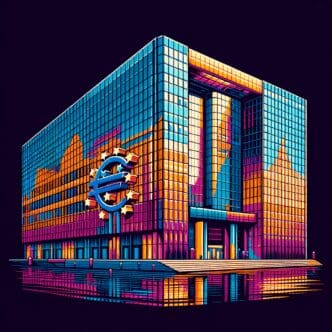The European Central Bank (ECB) has made significant strides in controlling inflation, according to ECB board member Isabel Schnabel. However, Schnabel emphasized the necessity for vigilance against potential price hikes resulting from U.S. tariffs. At a recent conference in Dubrovnik, she noted that while inflation is nearing the ECB's target of 2%, external factors such as trade tensions led by President Donald Trump's administration could disrupt this progress.
The ECB recently reduced interest rates for the eighth time within a year and hinted at a potential pause in policy changes, pending clearer economic forecasts. Schnabel, who advocates for higher interest rates, acknowledged the positive trend of inflation aligning with the ECB's goals, driven largely by decreases in energy prices. However, she warned that new global trade dynamics, particularly those involving tariffs, could introduce inflationary pressures.
Schnabel referred to studies indicating that global increases in producer prices could translate into notable domestic price increases. She highlighted China’s restriction on rare earth exports as an example of how such international maneuvers could impact key industries, such as automotive manufacturing. Despite potential challenges, Schnabel downplayed the immediate impact of trade diversions on the European market, suggesting the European Commission would act if necessary.
She expressed concern that trade tensions might limit the independent operation of monetary policies between the ECB and the U.S. Federal Reserve, predicting a global economic shock affecting both supply and demand. Meanwhile, Bank of England representative Megan Greene suggested that trade fragmentation might help alleviate inflation in the UK, offering potential divergence opportunities in monetary policy.
Overall, Schnabel's remarks underscore the ECB’s cautious approach as it navigates the complexities of international trade politics and their implications for inflation and economic stability.








